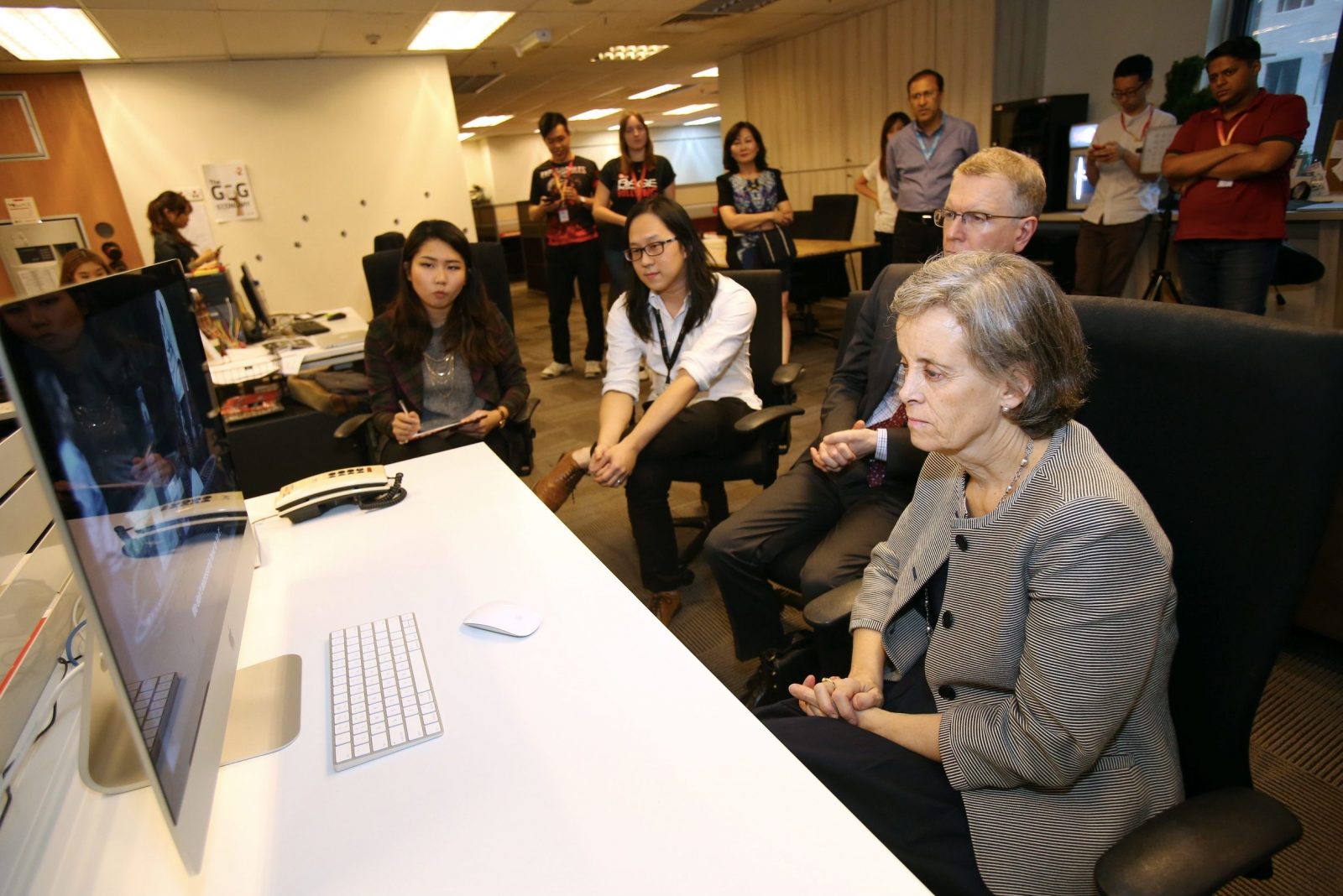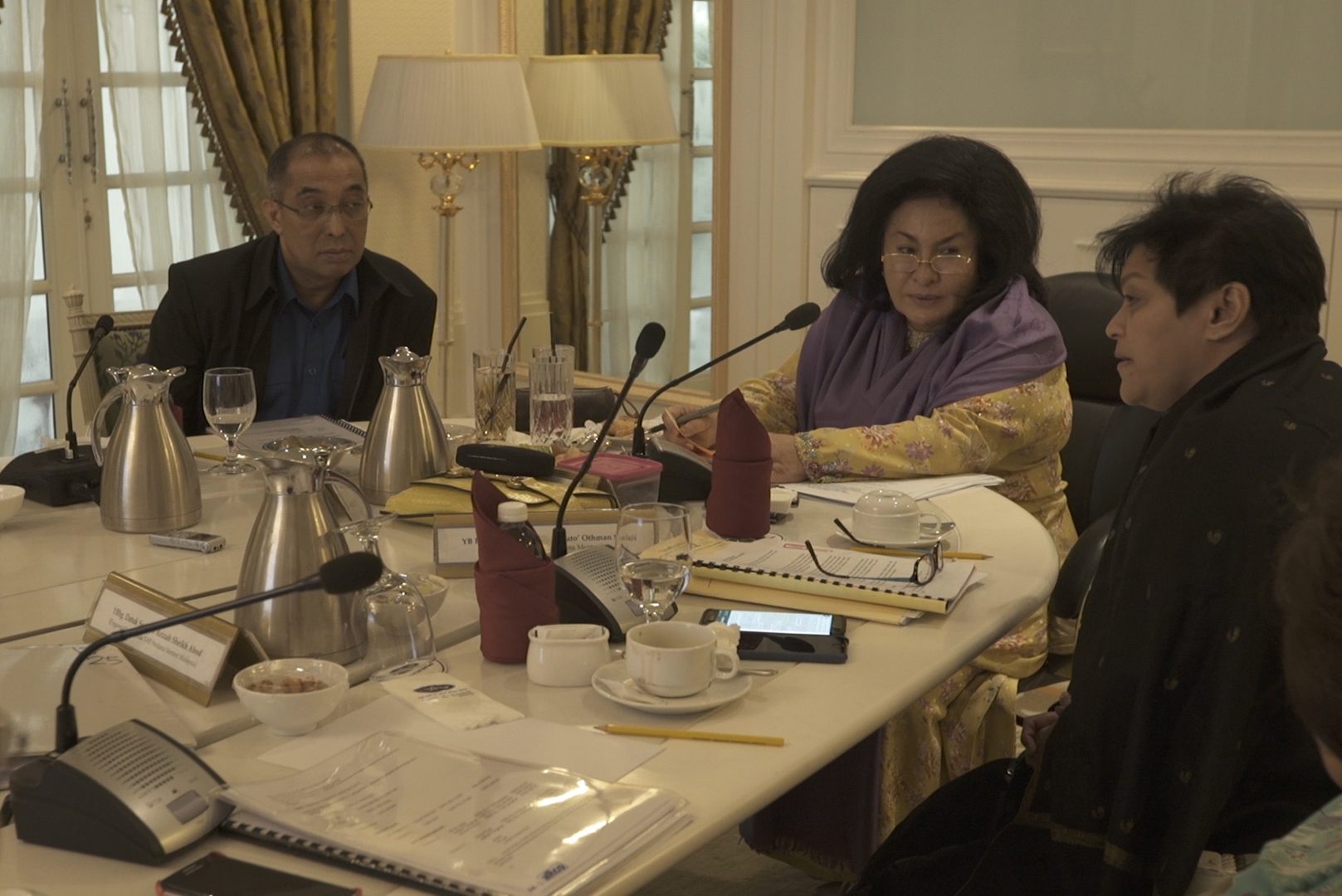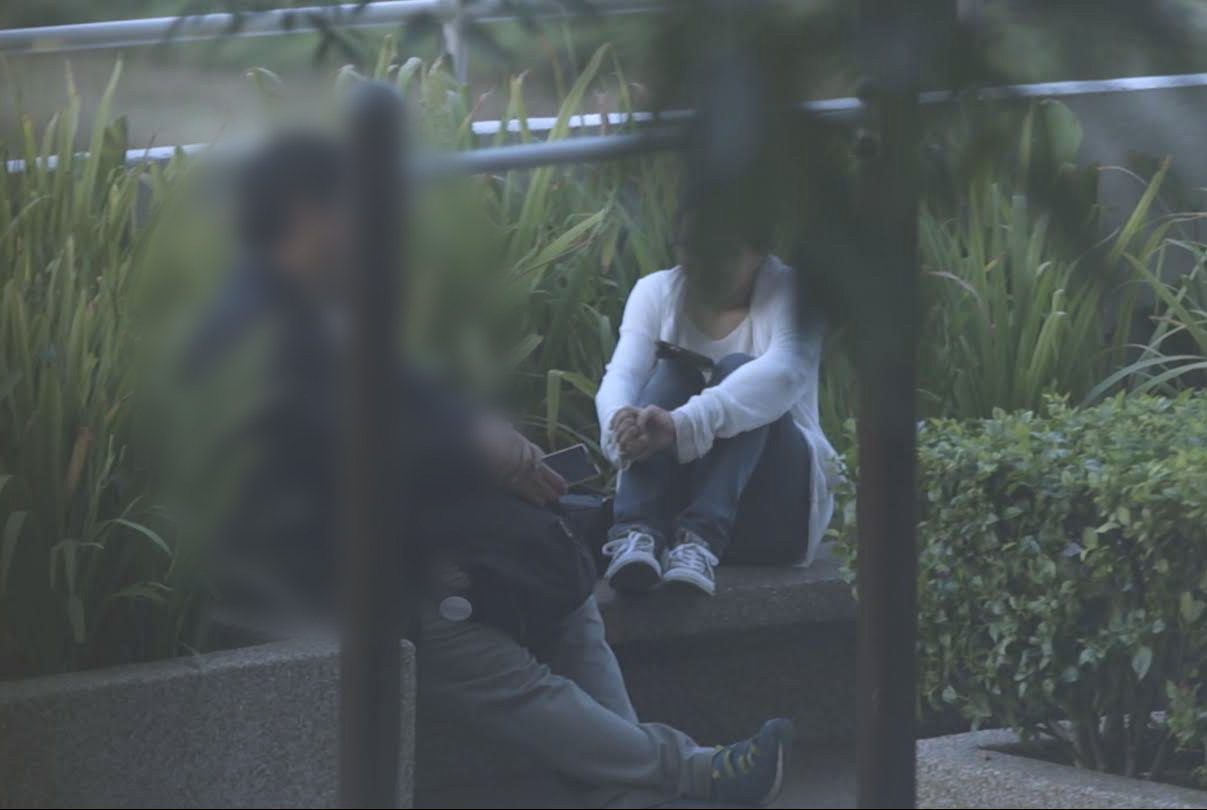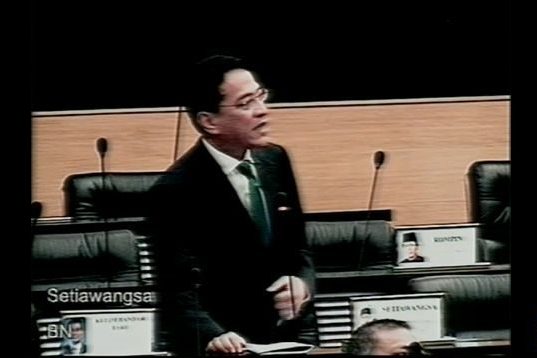AFTER over 30 years as a human’s rights advocate, during which she helped draft the widely-adopted Convention on the Rights of the Child, Marta Santos Pais is a highly-respected figure in the United Nations.
During a recent visit to Malaysia last week to meet with NGOs and various government ministries, she came by Menara Star in Petaling Jaya, Selangor to visit the R.AGE office. She had heard what the team had achieved through the Predator In My Phone campaign, and was keen to find out more.
After we showed her a couple of episodes and explained how our campaign was going, we sat down with her at our famous(-ish) couch to talk about children’s rights and challenges to it around the world.
What are your thoughts about the Predator In My Phone project?
We see a growth in online grooming as more people, including young children, have access to communication and technology. In many countries, the development of technology has not been accompanied by development of legislation, and this allows predators to take advantage of gaps in the law to exploit and abuse young people.
Predator In My Phone managed to document this present issue in a very respectful manner, allowing people to realise the power of technology and the risk of meeting people with bad intentions. We need to supply greater information to children, stronger empowerment, and raise awareness of sexual education and sexual risks rather than pretend that no risks may happen in the child’s life.
What are the biggest challenges in Malaysia concerning children’s rights?
Lack of legislation on issues such as sexual grooming, and the need to strengthen pieces of legislation such as prohibiting corporal punishment at home or school.
Malaysia also needs to invest in information sensitisation, not only for children but also parents and teachers, and ensure that all professionals are prepared to report and investigate all violence.
Child protection services should work together, so that children who are victims do not have to retell their stories.
Child-friendly courts, and specialised magistrates and lawyers are absolutely fundamental because children need to understand what the proceedings are about, what happens when they speak up, what are the risks in being identified by the public. We need to protect children who are victims or witnesses. Very often we forget to ensure the child is going to recover from the trauma.
What are the roles of religious leaders in child protection?
People respect the voices of religious leaders. Very often they are able to enter into discussions at home or in school, in a way that no law can achieve.
Whether we go to the mosque for Friday prayers or a Catholic church on Sundays, there should be attention given to violence against children, online abuse, and advice provided to parents and professionals who work with children. All these give a lot of opportunities for change in people’s mindsets.
Over 9,000 child marriages have been recorded in the last five years in Malaysia, and many activists and politicians are determined to put an end to it. How can it be done?
The first step is by raising awareness about the negative impact of child marriages on the lives of young people, particularly girls. Very often child marriages are associated with an end to schooling, and a higher risk of abuse within the family.
We need to change the laws, as currently it gives an implicit encouragement for families to seek authorisation for girls to get married earlier.
We also see cases where girls are allowed to get married to their rapists, which sends a very wrong message that rape has a positive solution or outcome.
The international community has agreed on a goal to end child marriages by 2030, and we would like to see Malaysia be an example in this region and be a model in preventing these very important challenges in the rights of children.
Are we on the right track to end child sexual crimes?
The awareness that has been raised as a result of the Richard Huckle case a year ago, and the fact that there is a draft Child Sexual Crimes Bill being discussed is certainly very encouraging. We need to make sure that it is a model for Malaysia and other countries, and raise awareness about what the law contains and how people can use it to protect potential child victims.
Very often implementation only comes into discussion after the law is adopted, so it’s important to use this momentum to plan how we can start implementing the law. Specialised courts, judges, well-trained social workers, empowering children, and supportive families are part of the implementation.





Tell us what you think!